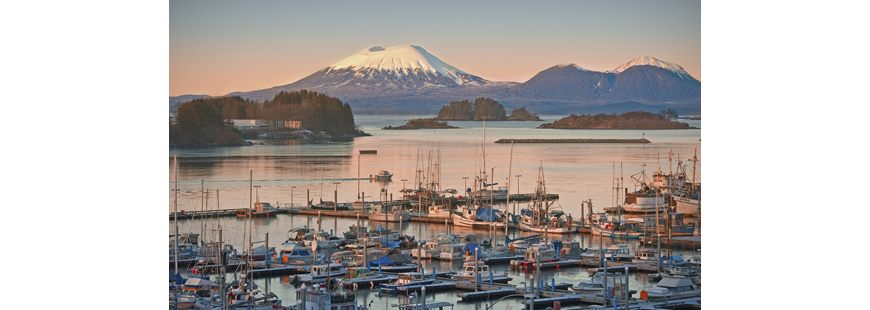In early February, the House passed the America COMPETES Act, a bill that intends to enhance U.S. competitiveness with China by strengthening America’s supply chain, among other things. The bill has now moved on to the Senate where it is expected to be conferenced with Senate legislation that passed last year. The Senate bill was much narrower in scope and included bipartisan support, so the House bill that passed on February 4th will likely be pared back before a final measure is completed.
While we wait, there are multiple provisions of note to the Network, specifically in the bill’s Natural Resources Section (Division H) which directs the Commerce Department to carry out the following:
- Expand the Seafood Import Monitoring Program (SIMP) to include all fish and fish products entering the U.S. and strengthen sourcing data
- Establish the “Buy American Seafood Initiative,” a program to provide grants to promote U.S. seafood sourced from well-managed, lesser known, and climate-resilient fisheries
- Combat illegal fishing and forced labor aboard international vessels
- Amend the definition of large-scale driftnet fishing in the Magnuson-Stevens Fishery Conservation and Management Act in order to phase it out in U.S. waters
- Expand marine mammal entanglement reporting, data collection, research, and funding to establish a response program
- Create new programs and reauthorize funding for coral reef conservation, restoration, and management
Additional ocean related amendments were also added to the bill before it passed the House, and several of these amendments are relevant to MFCN’s work. Amendments include:
- Renewed funding for and expansion of the Federal Ocean Acidification Research and Monitoring Act to include estuaries
- Creation of a NOAA-led blue carbon working group
- Directives to all ocean-related agencies to coordinate data
- Addition of “shovel-ready” NOAA restoration grants to marine, estuarine, coastal and lakes habitats that create fishing jobs or help communities adapt to climate change
We’re also happy to report that Rep. Pingree (D-ME) was able to successfully include her working waterfronts bill as a floor amendment. This important amendment provides essential funding and resources to improve deteriorating and inadequate coastal infrastructure, and confronts the growing threats of climate change for the business owners, workers, and coastal communities who depend on vibrant and prosperous working waterfronts.
You can read the bill’s nearly 3,000 pages here, or you can review it section-by-section here.
Ultimately, we will have to wait and see where the bill lands after it’s conferenced with the Senate. We’ll be closely monitoring the next version of the bill and will keep you updated.


